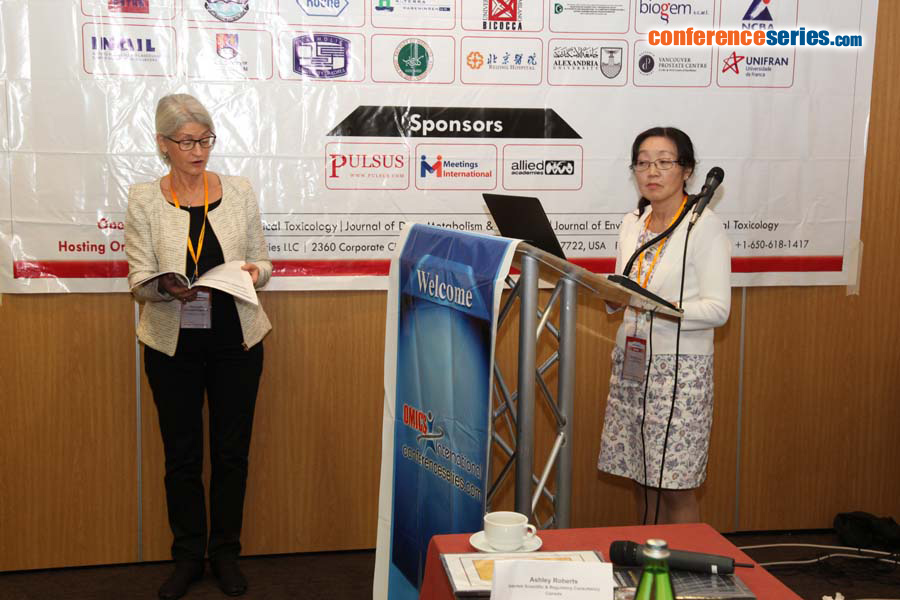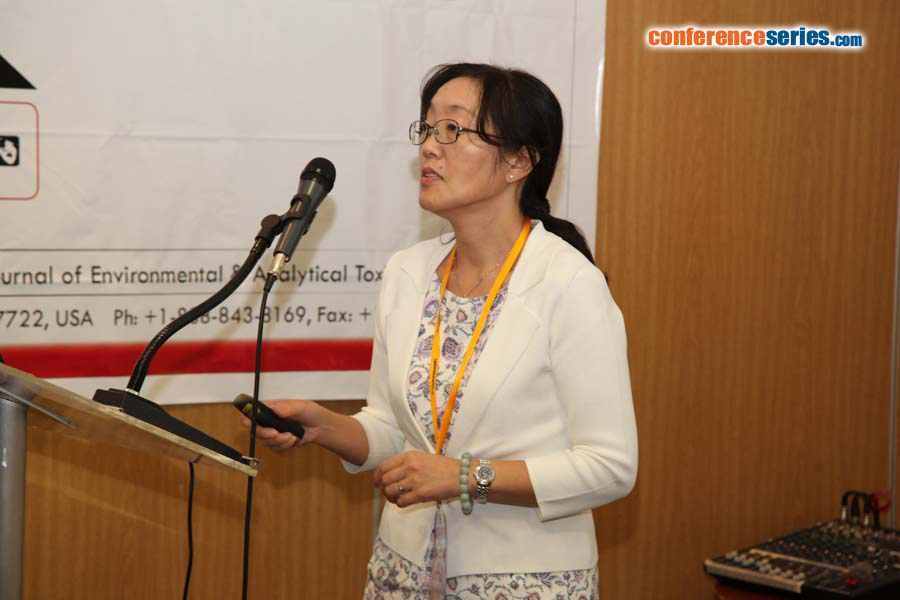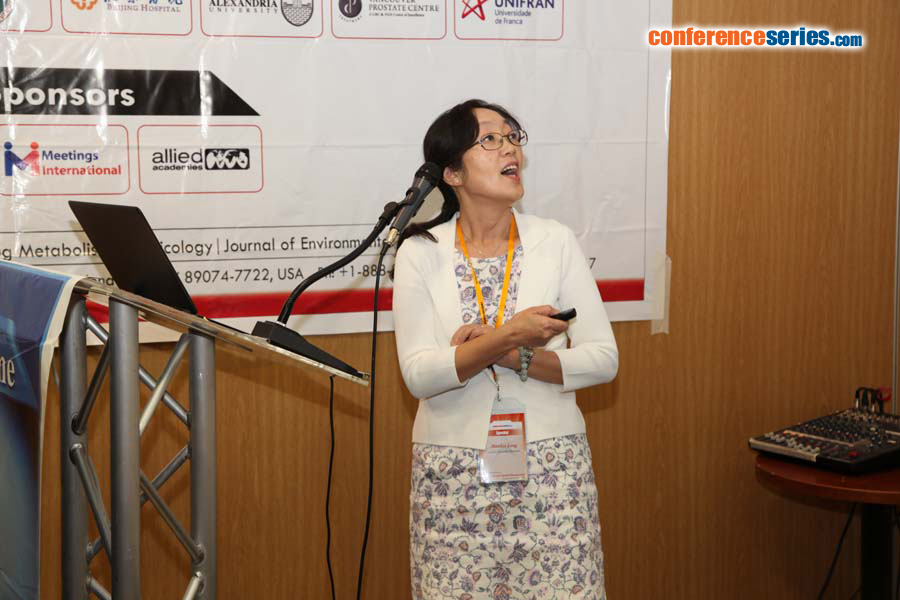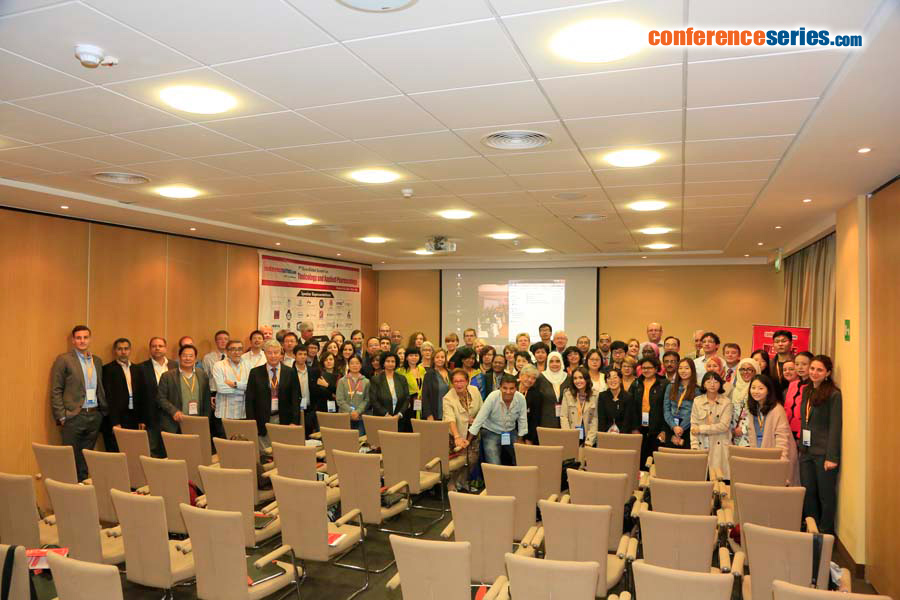Manhai Long
Aarhus University, Denmark
Title: Dioxin-like POPs: Induced aryl hydrocarbon receptor transactivity in the Danish pregnant women
Biography
Biography: Manhai Long
Abstract
Human exposure to lipophilic persistent organic pollutants (POPs) including polychlorinated dibenzo-p-dioxins/furans (PCDDs/PCDFs), polychlorinated biphenyls (PCBs) and organochlorine pesticide is ubiquitous. Th e individual is
exposed to a complex mixture of POPs being life-long beginning during critical developmental windows. Exposure to POPs elicits a number of species- and tissue-specifi c toxic responses, many of which involve the aryl hydrocarbon receptor (AhR). We aimed to assess the actual level of dioxin-like activity in serum of 806 Danish pregnant women collected during 2011-2013. The bioaccumulated lipophilic serum POPs were extracted by solid phase extraction and clean-up on Supelco multi-layer silica column and fl orisil column. Th e integrated AhR transcriptional activity in the serum fraction was determined using the Hepa 1.12cR mouse hepatoma cell line carrying an AhR-luciferase reporter gene and expressed as pg TCDD equivalent (TEQ) per gram lipid aft er adjusted for the serum lipid. Th e AhR transactivity data was evaluated for possible association to the serum levels of 14 PCB congeners, 10 organochlorine pesticides and/or lifestyle factors. Th e preliminary results showed that 91.3% samples elicited agonistic AhR transactivity. Th e median level of AhR transactivity was 195 pg TEQ/g lipid. Pearson correlation analysis showed a weak positive correlation between dioxin-like activity and PCB 105. No signifi cant correlation between serum dioxin-like activity and pregnant women age, gestational day at blood draw, BMI, smoking status and social economic status were observed.





